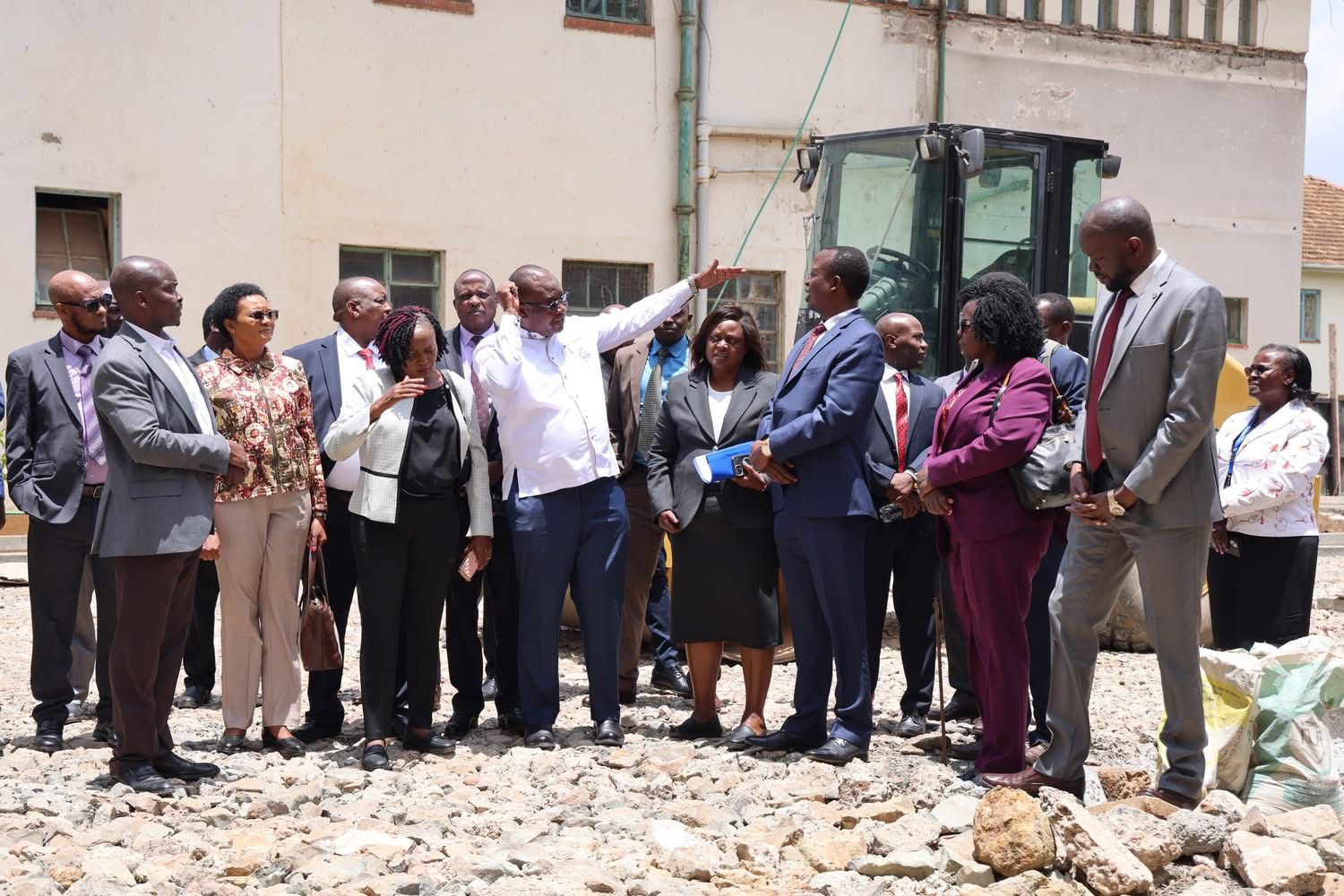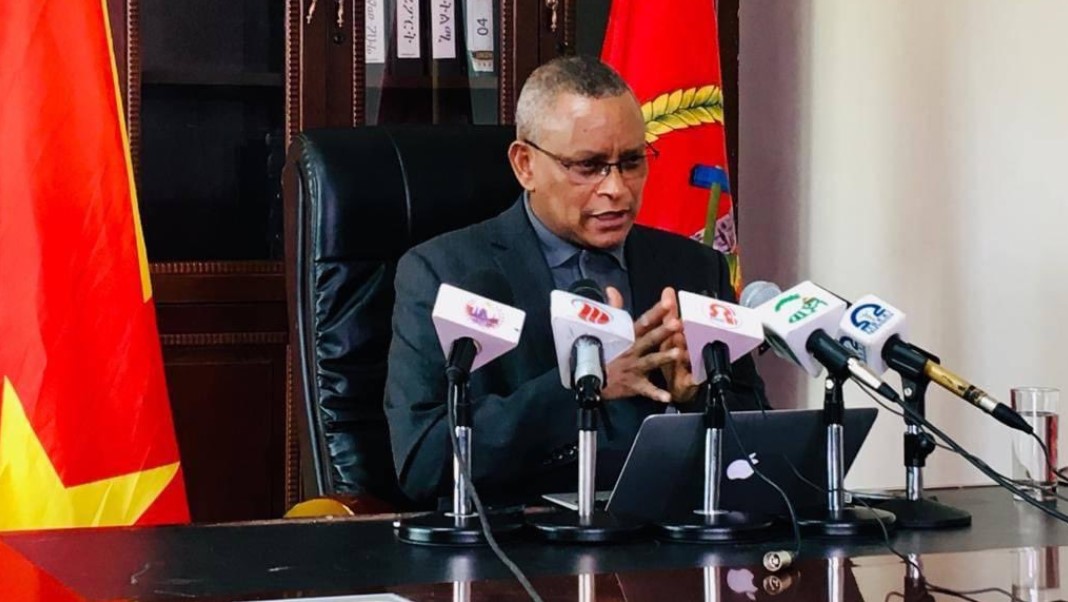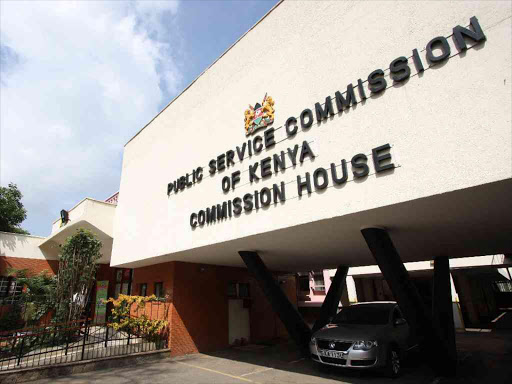MPs demand fresh audit of Sh11.6 billion KICD textbook pending bill over distribution discrepancies

The MPs raised concerns that some schools receive excess books while others have none, questioning the Institute’s handling of its Sh1.18 billion budget for the 2024/2025 financial year.
The National Assembly Departmental Committee on Education has demanded a fresh audit of Sh11.6 billion owed to the Kenya Institute of Curriculum Development (KICD), citing persistent discrepancies in the distribution of textbooks and learning materials across public schools.
In a meeting on Tuesday with KICD CEO Prof Charles Ochieng Ong’ondo, the MPs raised concerns that some schools receive excess books while others have none, questioning the Institute’s handling of its Sh1.18 billion budget for the 2024/2025 financial year.
More To Read
- Publishers warn of delays in Grade 10 textbooks rollout over Sh3 billion government debt
- Education Ministry expands senior school curriculum, makes Mathematics compulsory subject
- KICD dismisses Sh540 million loss claims in textbook supply, blames NEMIS data inaccuracies
- Sh540 million loss: Auditor General Nancy Gathungu exposes irregularities in book distribution
- KNEC unveils teacher training hub for competency-based education assessment
- New cluster model replaces national and county school categories in senior school reform
Committee Chairperson Julius Melly called on the Institute to provide detailed records of the pending Sh11.6 billion bill and urged management to collaborate with the Ministry of Education to resolve it.
“This Sh11.6 billion should be audited afresh. Some schools have an oversupply of books, while others have none. We need the details on the correct numbers of students and books required,” Melly said.
Ong’ondo explained that the supply and distribution of textbooks is based on data from the National Education Management Information System (NEMIS), which sometimes contains inaccuracies due to unregistered students.
“We supply based on NEMIS data. However, some schools without NEMIS codes miss out on supplies, while others receive excess books. The Ministry is verifying the pending bills, and all deliveries are accompanied by signed receipts from school heads,” he said.
Melly also raised concerns over Alternative Provision for Basic Education and Training (APBET) schools, which previously received learning materials but were later excluded from the programme.
“There was a time when APBET schools in informal areas of the country were receiving learning materials, but that programme was stopped. These schools support hundreds of students in areas where public schools are few. What are you doing to reintegrate APBET schools and support them?” he posed.
Committee members also inspected the stalled construction of a KICD training centre, delayed for several years due to funding constraints. Mandera South MP Abdul Haro and Igembe North MP Julius Taitumu inquired about plans to ensure equity in supplying books to remote areas.
“What are your plans for the hard-to-reach areas, such as the North Eastern part of Kenya? The learning materials should be supplied equally to all schools,” they said.
Baringo North MP Joshua Makilap sought to know the measures in place to curb book piracy and address the influence of Artificial Intelligence (AI) in the publishing sector.
“In this digital era, where books can easily be copied or sold illegally, what are you doing to curb piracy?” he posed.
Prof Ong’ondo said the Institute has been collaborating with publishers and law enforcement agencies to prevent the circulation of fake and substandard learning materials.
“Every year, we encounter poor-quality and pirated books. We have arrested several offenders and are partnering with publishers to maintain standards,” he said.
On the curriculum for indigenous and foreign languages, Teso South MP Mary Emaase urged KICD to expand the teaching of international languages such as French and German to prepare learners for global opportunities.
Ong’ondo confirmed the Institute is developing additional curriculum support materials for both local and international languages.
“We are promoting both international and local languages to empower learners and preserve Kenya’s linguistic diversity,” he said.
The CEO also highlighted staff shortages at KICD, stating the Institute needs at least 100 more personnel to support ongoing curriculum reforms.
According to KICD’s financial report, the Institute utilised 95.3 per cent of its Sh1.18 billion budget in 2024/2025, with the 2025/2026 budget set at Sh1.19 billion.
The Institute has requested additional funding to complete the stalled Education Resource Centre, develop Grade 11 and 12 curriculum materials and expand public engagement through county-level dialogues.
“We play a strategic role in curriculum reform and digital content development. Enhanced funding will enable us to complete key projects and strengthen education delivery,” Ong’ondo said.
The Committee pledged to support initiatives that promote equitable learning resource distribution, improved teacher training and full digital integration in schools.
Top Stories Today











































